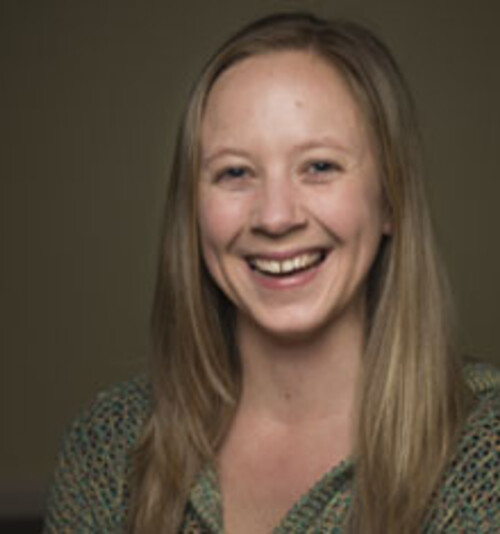Stephanie Dick

For Stephanie Dick, the path to a dissertation on the history of mathematics and computing began, unexpectedly, with the Epic of Gilgamesh. As an undergraduate, she was convinced she wanted to study political science and become a lawyer, until a freshman humanities course at the University of King’s College in Halifax, Nova Scotia, changed her mind and set her down a path toward intellectual history.
Going through the papers in which Einstein worked out his theory of relativity as an undergraduate, she says, “I had this moment where I was thinking that equations that are supposed to describe physical systems have a different ontological status than equations in mathematics. E=mc2 is a different kind of thing than 2+2=4.”
“I don’t actually know if I think that any more,” Dick adds. “But that was definitely when I became very interested in how mathematics gets made—how mathematical knowledge gets stabilized and circulated and put to work by different groups of people.”
Mathematics has a long and distinguished place in intellectual history, says Dick, but the introduction of computing has opened up large parts of that history for debate. “Computers bring an empirical, experimental, and very material presence” to mathematics, she says. Even “low-level material transformations of things like sets”—how they are represented for mathematicians on paper versus in the memory devices of mainframe computers—can have wide-ranging implications for “higher-level concerns about certainty, proof, and what gets to count as mathematical knowledge.”

